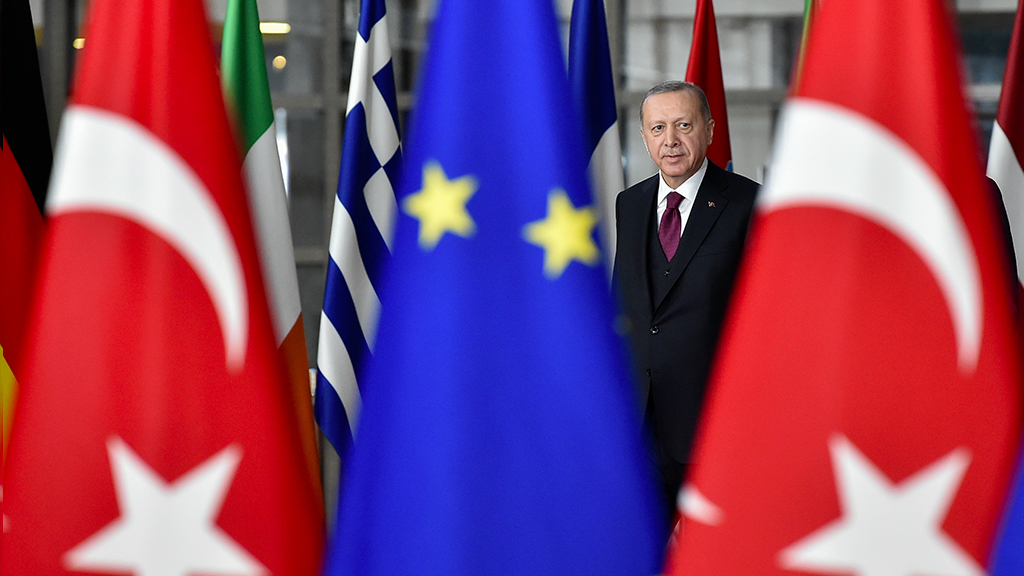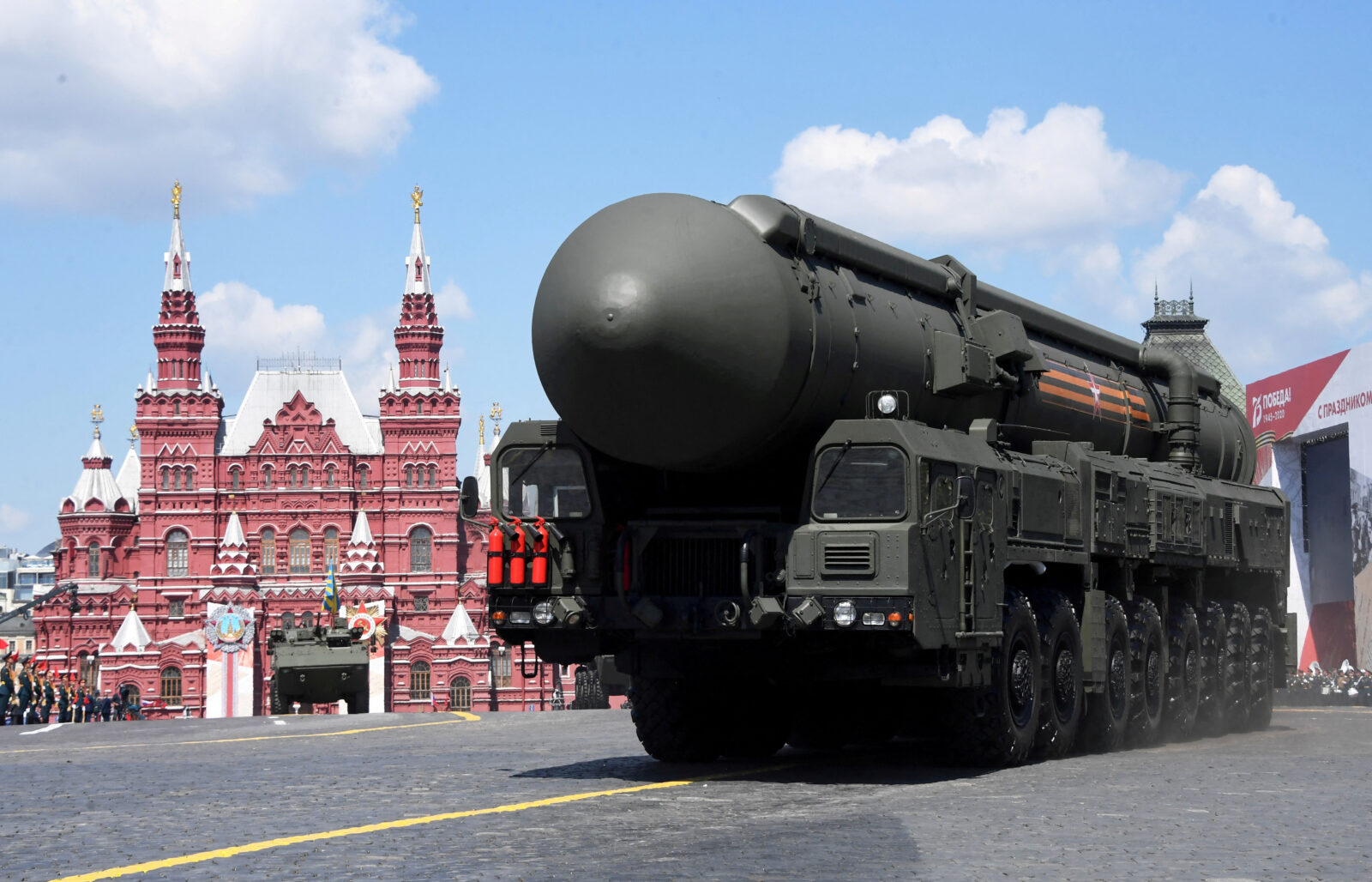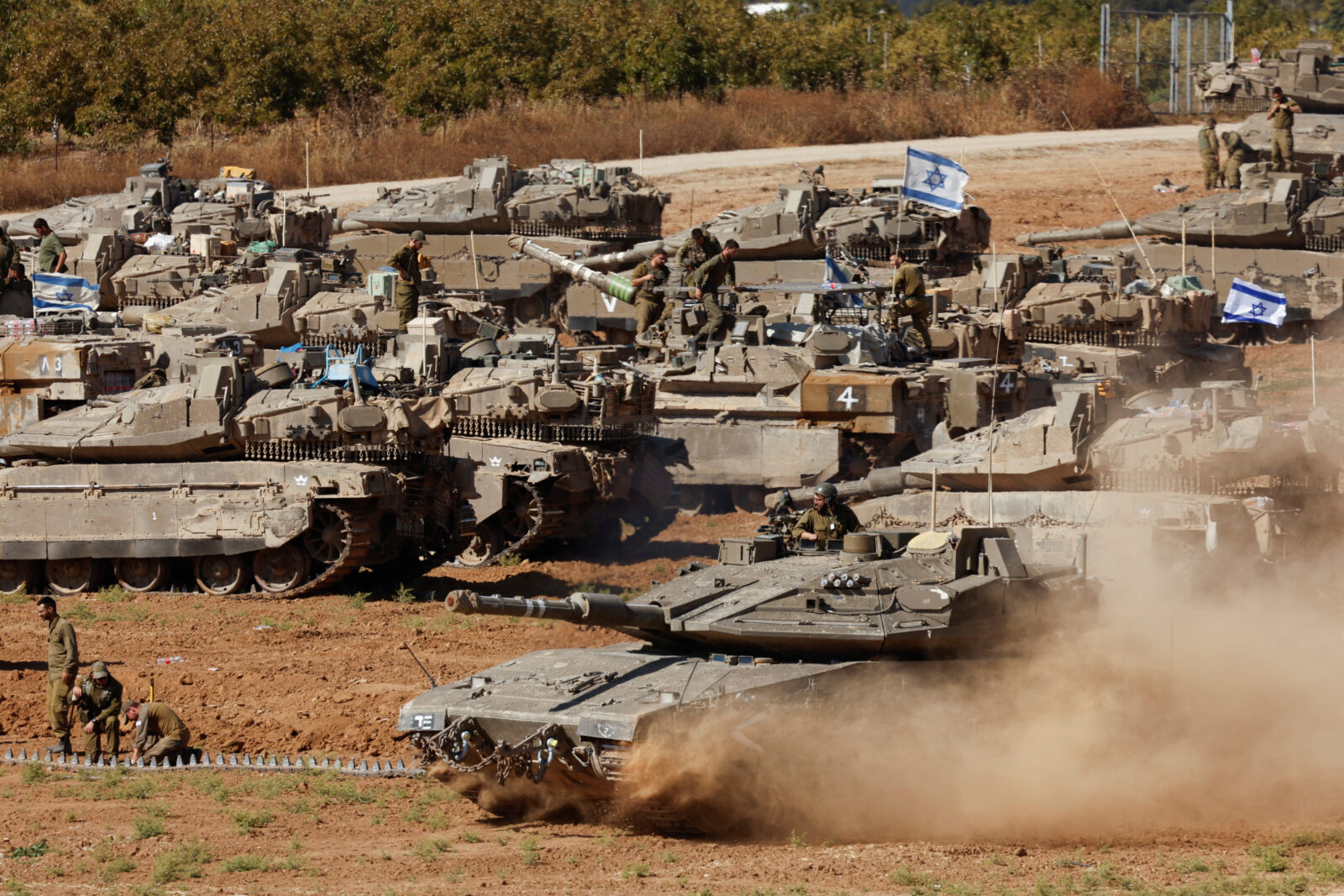Finnish President Alexander Stubb has underscored the importance of Türkiye’s role as a NATO ally and its strong partnership with the European Union.
Speaking during an official visit to Türkiye at the invitation of President Recep Tayyip Erdogan, Stubb addressed key topics including Türkiye’s relationship with the EU, NATO’s nuclear strategy and the ongoing conflict between Israel and Palestine.
“Türkiye’s membership in the NATO alliance and its close partnership with the EU are of utmost importance,” Stubb said in an interview with Anadolu Agency, emphasizing the multifaceted nature of Türkiye’s foreign policy. He pointed to Türkiye’s involvement in international organizations like NATO and the Organization of Islamic Cooperation (OIC) as evidence of its diverse international role.
Stubb remarked that few countries in the world are members of as many international organizations as Türkiye, highlighting its strategic position in global diplomacy.
Türkiye’s EU membership process
Commenting on Türkiye’s EU accession process, Stubb noted that while he primarily deals with foreign policy, not EU policy, he acknowledged the ongoing discussions surrounding the Customs Union and the step-by-step integration process.
He noted that the process used to be “quite legalistic,” but in the current political and security environment, enlargement discussions are now viewed from a broader perspective.
Importance of Türkiye’s role in NATO and EU
Stubb also stressed the value of flexible integration within international relations, explaining that it allows nations to focus on different areas without everyone having to do everything at once.
Reflecting on the evolution of the European Union from six founding members to 35, Stubb emphasized that Türkiye’s role as a NATO ally and its strong partnership with the EU remain vital for regional and global stability.
“It’s essential for Türkiye to maintain both its NATO membership and its solid partnership with the EU,” he said.

Finland’s position on nuclear weapons
When asked about the possibility of NATO deploying nuclear weapons in Finland, Stubb firmly stated that this is not on the agenda. “No one is suggesting or recommending that we host nuclear weapons on Finnish soil. Strategically, it doesn’t make sense,” he said.
However, he affirmed Finland’s full participation in NATO’s nuclear planning and exercises, adding, “We are part of the alliance. While six countries host nuclear weapons, Finland does not intend to do so.”

Israel-Palestine conflict and 2-state solution
Addressing Finland’s stance on Israel‘s war on Palestine, Stubb dismissed suggestions that Finland’s arms trade with Israel was linked to its decision not to officially recognize Palestine.
“No, Finland supports a two-state solution. We are not aligned with either Israel or Palestine; we are aligned with peace,” he said.
He reaffirmed Finland’s support for a solution grounded in international law, stating, “The question is not whether we will recognize Palestine; we will do so when a two-state solution is agreed upon.”
Stubb acknowledged the high levels of tension in the region, adding that the right time for peace talks remains uncertain.

Finland-Estonia gas pipeline sabotage
On the issue of the sabotage of a natural gas pipeline between Finland and Estonia last year, Stubb confirmed ongoing investigations into the involvement of a Chinese-flagged ship.
“The ship was responsible for detaching the pipeline, and discussions with Chinese officials are continuing,” he said.
